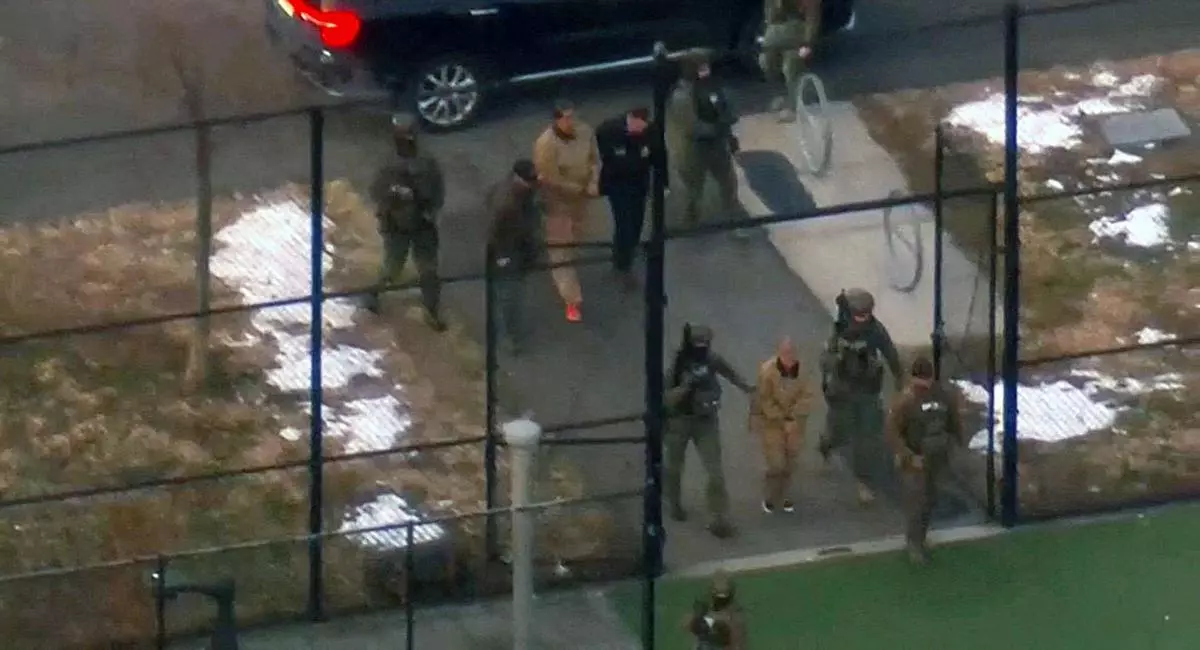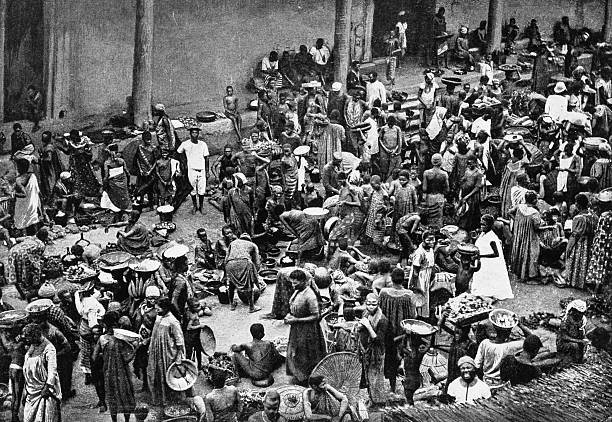Fifty years on from the capture of Saigon by North Vietnamese forces on 30 April 1975, the world is marking the end of the Vietnam War with reflection on its profound human, political and cultural legacies. What began as a contentious conflict has left an indelible imprint on generations across Vietnam, the United States and beyond.
In Washington, D.C., the LBJ Presidential Library and Foundation will host a public commemoration on 28 April 2025, featuring panel discussions, archival footage and musical tributes to honour both American service members and Vietnamese civilians caught in the final days of the war.
On the U.S. West Coast, the USS Midway Museum in San Diego will mark the 50th anniversary of Operation Frequent Wind, the massive helicopter evacuation that airlifted thousands of South Vietnamese to safety.
In Vietnam, the once-fortified battlefields have evolved into sites of pilgrimage for veterans and tourists alike. Veterans retrace steps along the Ia Drang Valley and Khe Sanh, while local guides recount stories of fierce engagements and survival.
This surge of interest has fostered a growing heritage tourism sector, blending sombre remembrance with economic opportunity for communities near former combat zones.
READ ALSO: Political implications of Poland explicitly planning to profit from Ukraine
Across the diaspora, Vietnamese communities are hosting exhibitions and oral history programmes to preserve personal narratives of flight and resettlement.
In New Orleans, where Vietnamese Americans now constitute the largest Asian-American group, the Historic New Orleans Collection has opened a bilingual exhibition showcasing family heirlooms, photographs and interactive testimonies that trace the journey from Saigon to the Gulf Coast.
Meanwhile, NGOs and refugee advocacy organisations are publishing new compilations of survivor accounts, recalling perilous sea voyages and the challenges of life in UN camps in the late 1970s.
Back in modern Vietnam, rapid economic reforms and a booming export sector have transformed Ho Chi Minh City (formerly Saigon) into a dynamic metropolis. Yet memories of wartime hardship linger in re-education camp records and in the stories of families dispossessed in the immediate aftermath of reunification.
Scholars argue that the dual legacy of resilience and repression continues to shape Vietnam’s political and social landscape, even as the country pursues greater integration into the global economy.
As the world commemorates this half-century milestone, historians and survivors alike emphasise lessons of reconciliation and the perils of ideological division.
Whether in academic roundtables, museum halls or family living rooms, the Fall of Saigon remains a pivotal moment whose echoes still inform debates on military intervention, refugee rights and the enduring quest for national unity.




